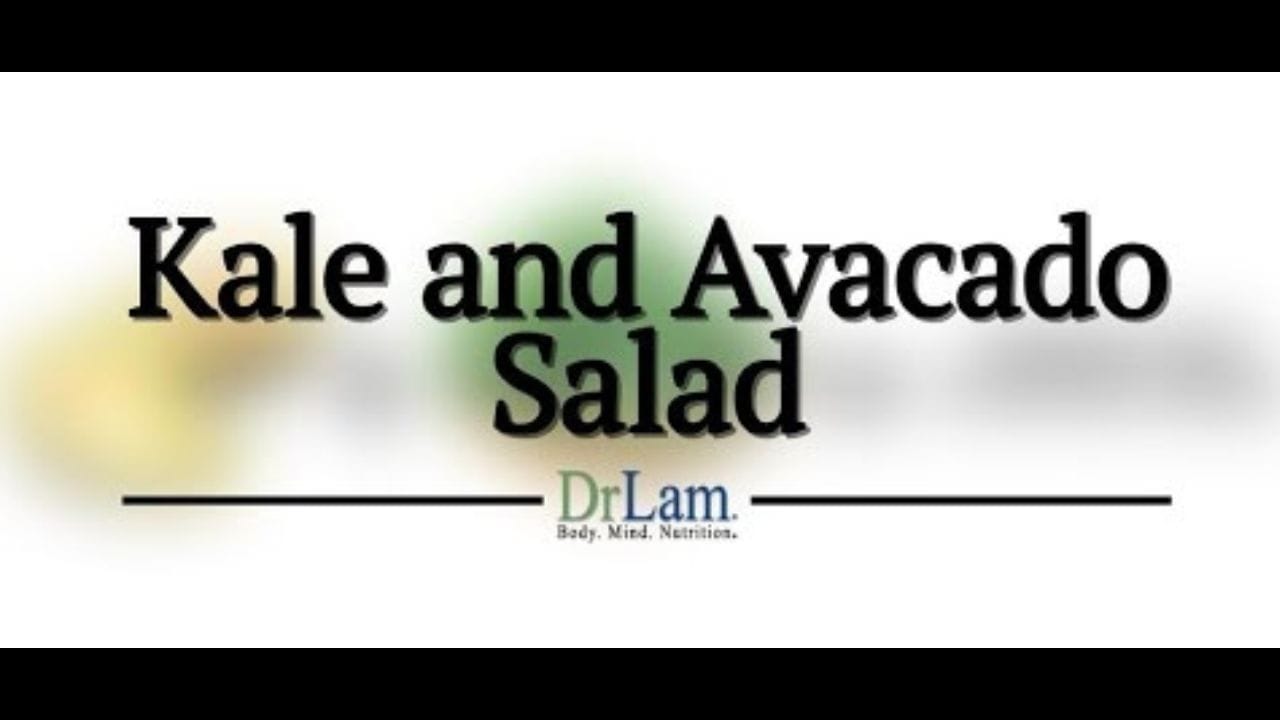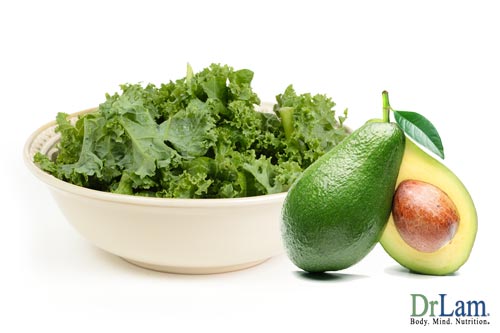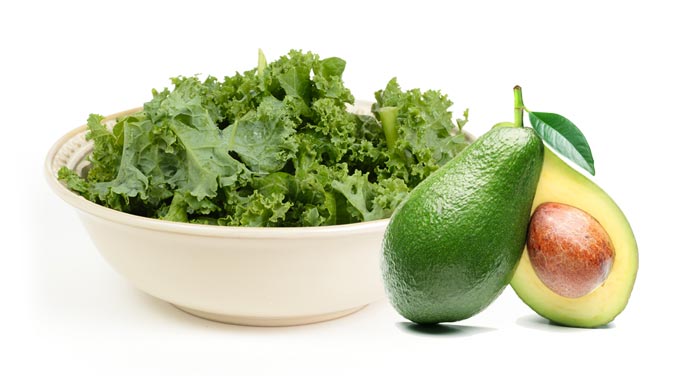
Ingredients:
Method:
Ingredients:
Method:
Notes:
 Avocado has been around forever, but has recently gained popularity as a new superfood. It is also an ideal food to include in an adrenal fatigue diet, with a plethora of health benefits, including for those people with fragile metabolisms or dysregulated NeuroEndoMetabolic (NEM) stress responses.
Avocado has been around forever, but has recently gained popularity as a new superfood. It is also an ideal food to include in an adrenal fatigue diet, with a plethora of health benefits, including for those people with fragile metabolisms or dysregulated NeuroEndoMetabolic (NEM) stress responses.
Avocado has a rich flavor and smooth texture. They are loaded with monounsaturated fats that help reduce insulin resistance and soluble fiber that can stabilize blood sugar levels. Enjoying avocado more frequently can help promote a healthy heart and clearer complexion. Additionally, it may improve your overall health, reduce your risk of diabetes, arthritis, and other serious health conditions. It could even help you lose weight. Studies show that eating just two avocados per week can reduce metabolic risk factors and improve your nutrient absorption.
Technically a fruit, despite packing far more healthy fat and far fewer carbs than most fruits, an avocado contains 2 grams of protein and 15 grams of healthy fat. When added to salad or salsa, this can help you absorb fat-soluble nutrients and antioxidants up to 400% more effectively. Avocados are also loaded with potassium, omega-3 fatty acids, folate, and vitamins K, C, E, B5, and B6, along with trace amounts of several minerals, and fiber. In this recipe, the avocado improves absorption of nutrients from the kale and other vegetables.
The nutritional density and carbohydrate paucity of the avocado marks it as a post-nutritionally potent food that may help you to achieve a successful recovery from adrenal fatigue and rebalance the body’s NEM stress response systems. Since the NEM stress response is already in a fragile state in those with adrenal fatigue, any little stressor can set it off and worsen symptoms. It’s therefore important to provide the nutrition needed for adrenal fatigue recovery in a gentle manner that does not cause undue stress that would further unbalance the NEM stress response.
A cup of kale is packed with 5 grams of fiber, nearly 7 times your daily vitamin K requirement, more than twice a day’s supply of vitamin A, more than a day’s supply of vitamin C, and more calcium than a cup of milk. Kale also contains significant amounts of iron, folate, magnesium, omega-3 fatty acids, antioxidants, and several other nutrients. Adding avocado to kale improves your ability to absorb and use fat-soluble nutrients such as vitamins K and E.

